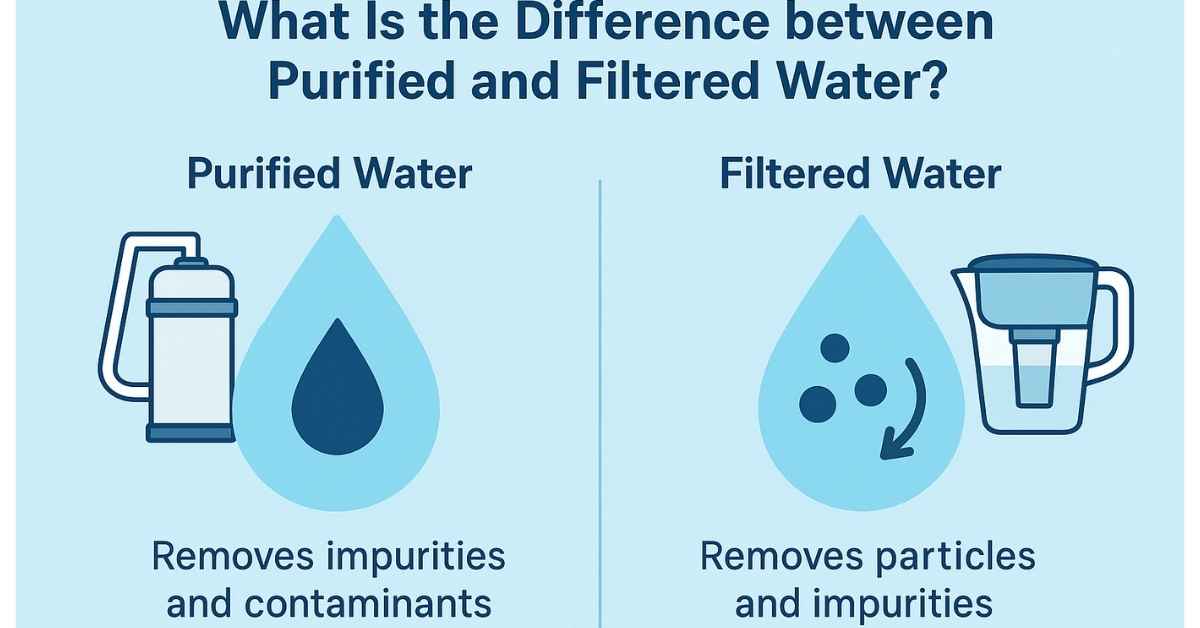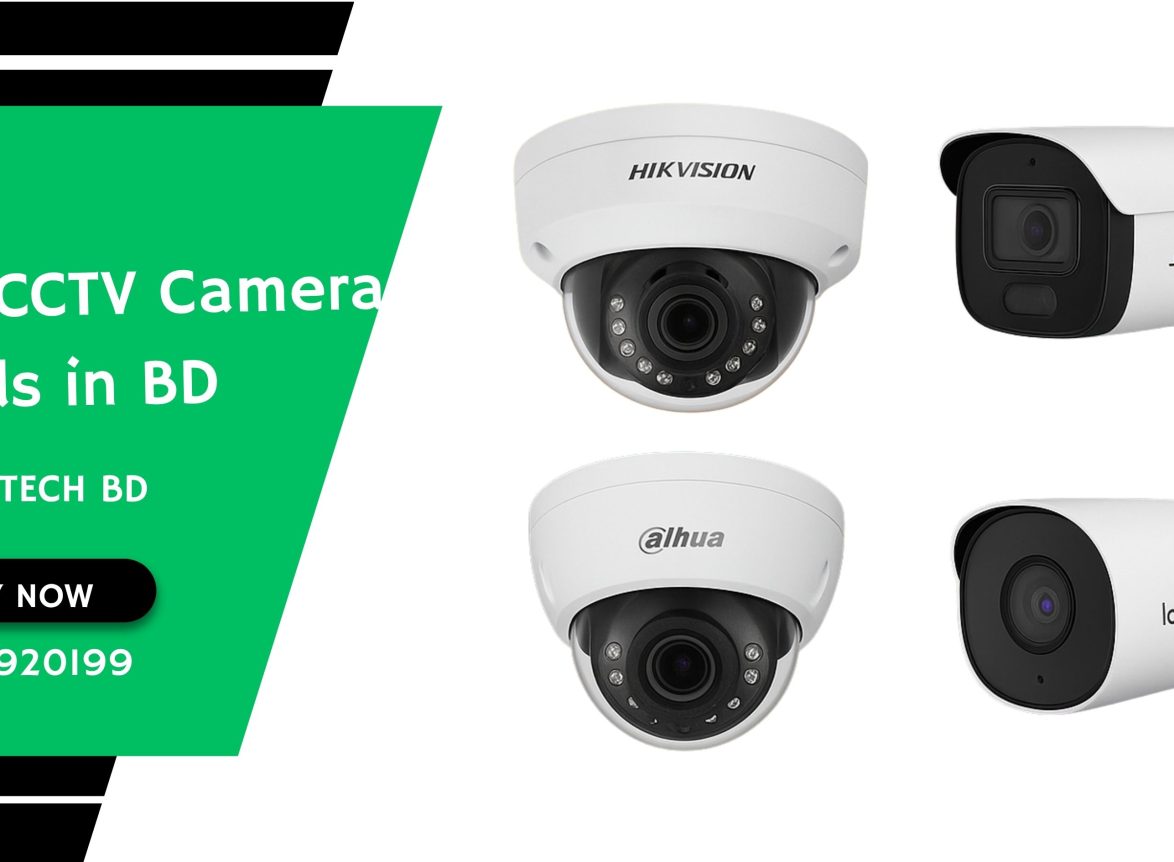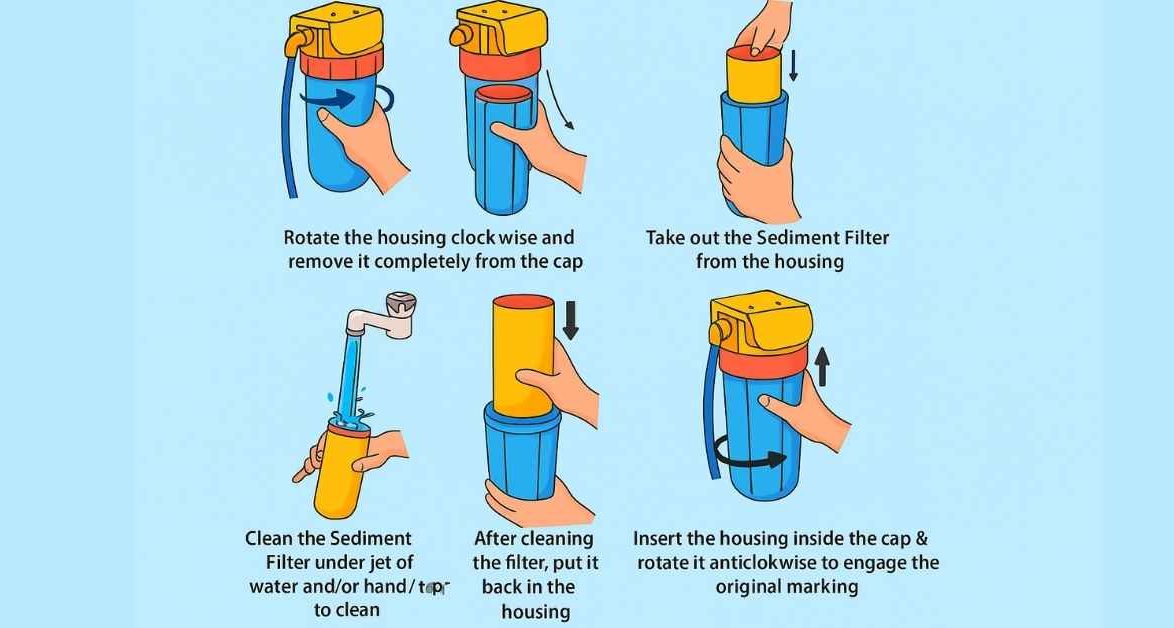Purified water undergoes advanced processes like reverse osmosis, distillation, or UV treatment, removing almost all impurities, bacteria, and chemicals.
Filtered water removes sediments, chlorine, and some contaminants but cannot eliminate microorganisms or dissolved toxins, making purified water safer and cleaner for drinking compared to filtered water.
Let’s dive in and learn more about it.
What is Purified Water?
Purified water is water that has undergone advanced treatment processes, such as reverse osmosis, distillation, or UV purification, to remove impurities, contaminants, bacteria, viruses, and harmful chemicals, making it safe and clean for drinking.
Key Differences Between Filtered and Purified Water
Purified water undergoes advanced treatment, removing most contaminants, while filtered water only removes larger particles, sediments, and some chemicals.
The Process of Purification vs Filtration
Filtration uses a physical barrier or media to remove sediments, dirt, chlorine, and some impurities. Purification, however, involves multi-stage processes like reverse osmosis, distillation, or UV treatment, eliminating bacteria, viruses, heavy metals, chemicals, and other contaminants. Purification ensures almost all impurities are removed, producing cleaner and safer drinking water compared to basic filtration.
The Winner:
Purified water is superior due to its thorough multi-stage treatment.
Level of Impurity Removal of Purified Water vs Filtered Water
Filtered water removes visible particles, sediments, chlorine, and some chemicals but cannot eliminate microorganisms or dissolved toxins. Purified water, through advanced processes, removes nearly all impurities, including bacteria, viruses, heavy metals, and harmful chemicals, ensuring high-quality, safe, and contaminant-free drinking water.
The Winner:
Purified water removes more impurities, making it safer and cleaner.
Taste and Health Impact of Purified Water vs. Filtered Water
Filtered water improves taste by removing chlorine and sediments but may retain some harmful contaminants. Purified water provides a cleaner taste, free from chemicals and microorganisms. Drinking purified water reduces risks of waterborne diseases and ensures overall better health compared to only filtered water.
The Winner:
Purified water offers better taste and health benefits.
Cost and Availability of Purified Water vs Filtered Water
Filtered water systems are generally more affordable, widely available, and easier to maintain. Purified water systems, such as RO or UV purifiers, are more expensive, require electricity and maintenance, and may be less accessible, but they provide higher quality water. Costs vary depending on system type and brand.
The Winner:
Filtered water wins for affordability and accessibility.
Benefits of Purified Water vs Filtered Water
Filtered water provides cleaner water, improves taste, and is convenient and cost-effective. Purified water offers high-level safety, eliminates bacteria, viruses, chemicals, and heavy metals, ensures long-term health benefits, and is ideal for sensitive users or areas with poor water quality.
The Winner:
Purified water provides greater health and safety benefits.
Drawbacks of Purified Water vs Filtered Water
Purified water systems are expensive, need electricity, regular maintenance, and may remove beneficial minerals. Filtered water cannot remove all contaminants, bacteria, viruses, or heavy metals, providing only partially clean water and potentially leaving health risks if used exclusively.
The Winner:
Filtered water is easier and cheaper to maintain.
Types of Purifier
Purifiers include RO (Reverse Osmosis), UV (Ultraviolet), UF (Ultrafiltration), and gravity-based purifiers, each offering different purification levels depending on water quality and source.
Types of Filter
Filters include activated carbon, sediment, ceramic, and inline faucet filters, designed to remove physical impurities, chlorine, and odors and improve taste, but they cannot remove all microorganisms or dissolved chemicals.
Which One Should You Choose?
Choose filtered water for affordability, convenience, and basic purification. Opt for purified water if safety, contaminant removal, and long-term health are your priorities, especially in areas with unsafe water sources.
Frequently Asked Questions About What Is the Difference between Purified and Filtered Water?
Question: Is purified water always better than filtered water?
Answers: Purified water is generally safer because it removes more contaminants, bacteria, and chemicals. However, filtered water can be sufficient in areas with clean tap water, depending on quality and personal needs.
Question: Can I use filtered water for cooking and drinking?
Answers: Yes, filtered water is safe for cooking and drinking if your source water is reasonably clean. It removes sediments, chlorine, and odors, improving taste, but may not remove all bacteria or chemicals.
Question: Does purified water taste different from filtered water?
Answers: Purified water often tastes cleaner and fresher because it removes almost all impurities, including minerals and chemicals. Filtered water may retain some taste or odor depending on filtration method and water quality.
Question: Which is more affordable: purified or filtered water?
Answers: Filtered water is generally more affordable due to simpler technology and lower maintenance. Purified water systems like RO or UV are costlier, require electricity, replacement parts, and higher initial investment.
Question: Can filtered water remove bacteria and viruses?
Answers: No, most basic filters cannot remove bacteria or viruses. Only advanced purification methods like RO, UV, or distillation effectively eliminate microorganisms, ensuring safer drinking water.
Question: Is purified water safe for babies?
Answers: Yes, purified water is safe for babies, as it removes harmful contaminants, bacteria, and chemicals. Ensure the water is fresh and the purification system is properly maintained
Read More:
Shift Tech BD provides Water Purifier installation and maintenance services across Bangladesh to ensure reliable performance and customer satisfaction. Some of the key areas we serve include







Leave a Comment
Your email address will not be published. Required fields are marked *